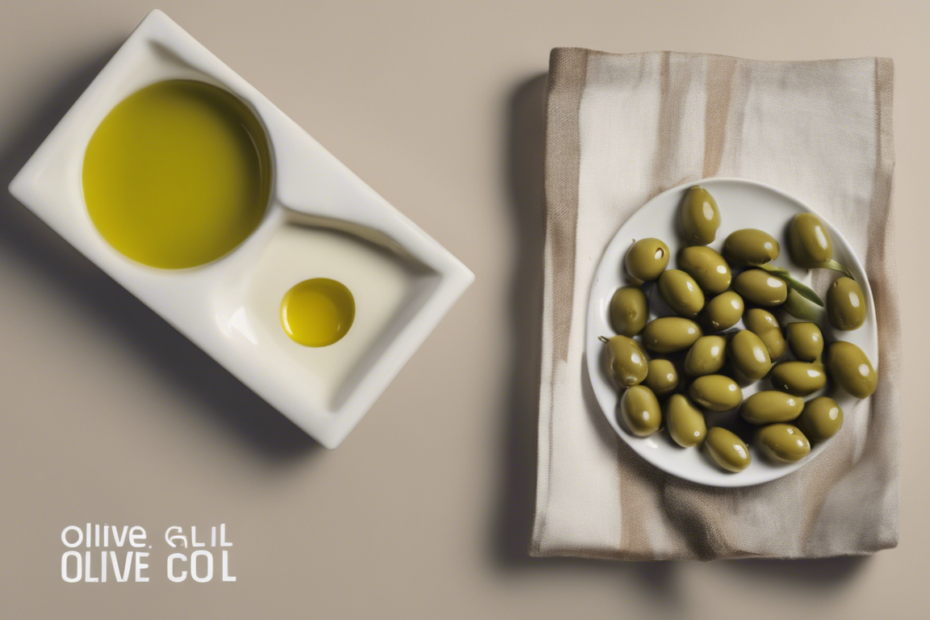When it comes to healthy cooking oils, extra virgin olive oil often takes the spotlight—credited for its flavor and health benefits.
But if you’ve ever wondered, ‘how many carbs are in extra virgin olive oil?’ you’re not alone!
In this article, we’ll dive into the nutritional profile of this beloved oil, explore the role of carbohydrates, and see how it stacks up against other cooking oils, all while keeping things relaxed and enjoyable.
Comparing Carb Content with Other Cooking Oils
When it comes to cooking oils, one of the common questions that pops up is, ‘How many carbs are in extra virgin olive oil?’ The good news is, extra virgin olive oil is a carb-free superstar!
Unlike some oils that might have added ingredients or flavorings that contribute to carbohydrate content, pure extra virgin olive oil contains zero grams of carbs.
This makes it a fantastic choice for folks who are watching their carb intake, like those on keto or low-carb diets.
In comparison to other popular oils, such as coconut oil or sunflower oil, the carb content remains consistently low across the board.
So, whether you’re drizzling it over a fresh salad or using it for sautéing veggies, you can enjoy the benefits of extra virgin olive oil without worrying about those pesky carbs sneaking in!
Frequently Asked Questions
Is there any carbohydrate content in extra virgin olive oil?
No, extra virgin olive oil contains zero carbohydrates.
It’s a pure fat and doesn’t have any carbs.
How does the carb content of extra virgin olive oil compare to other cooking oils?
Like extra virgin olive oil, most cooking oils, including canola and coconut oil, also contain no carbohydrates.
They are primarily fats.
Can I use extra virgin olive oil on a low-carb diet?
Absolutely!
Extra virgin olive oil is a great choice for a low-carb diet since it contains no carbs at all.
Are there any health benefits of using extra virgin olive oil despite it having no carbs?
Yes, extra virgin olive oil is rich in healthy monounsaturated fats and antioxidants, which can support heart health and reduce inflammation.
How should I store extra virgin olive oil to maintain its quality?
Store extra virgin olive oil in a cool, dark place, away from heat and light, to preserve its flavor and nutritional properties.
